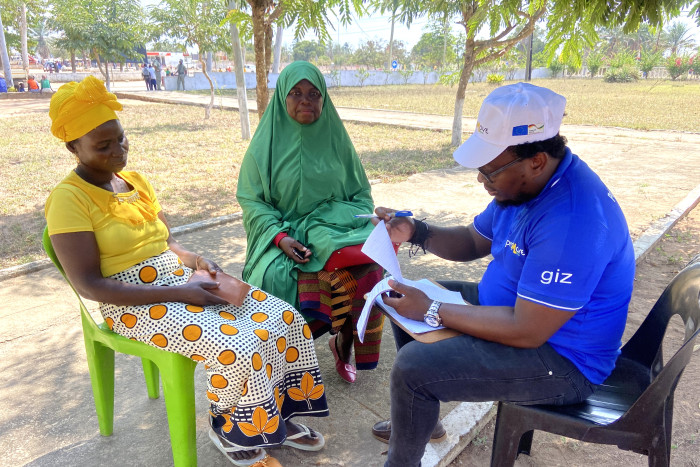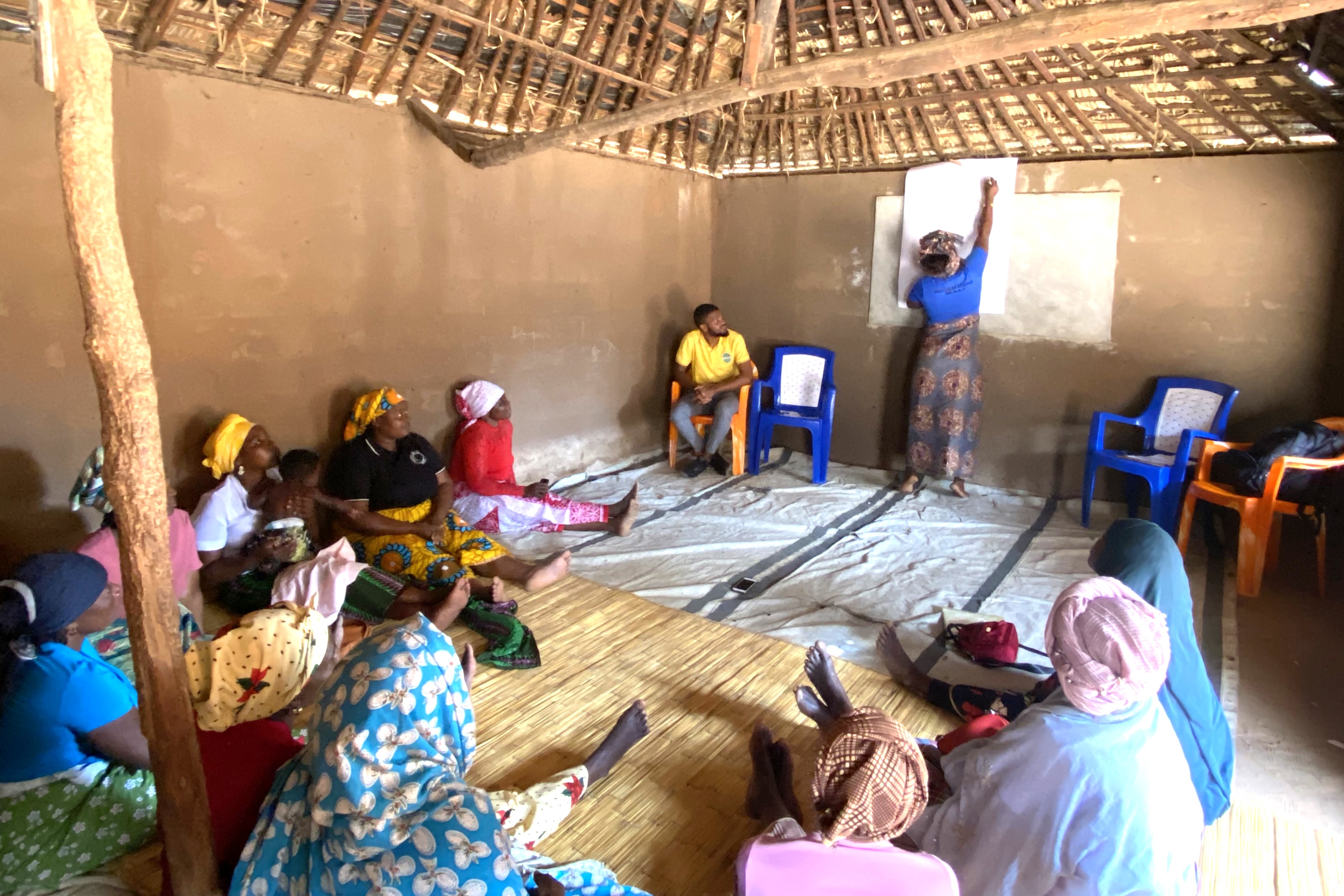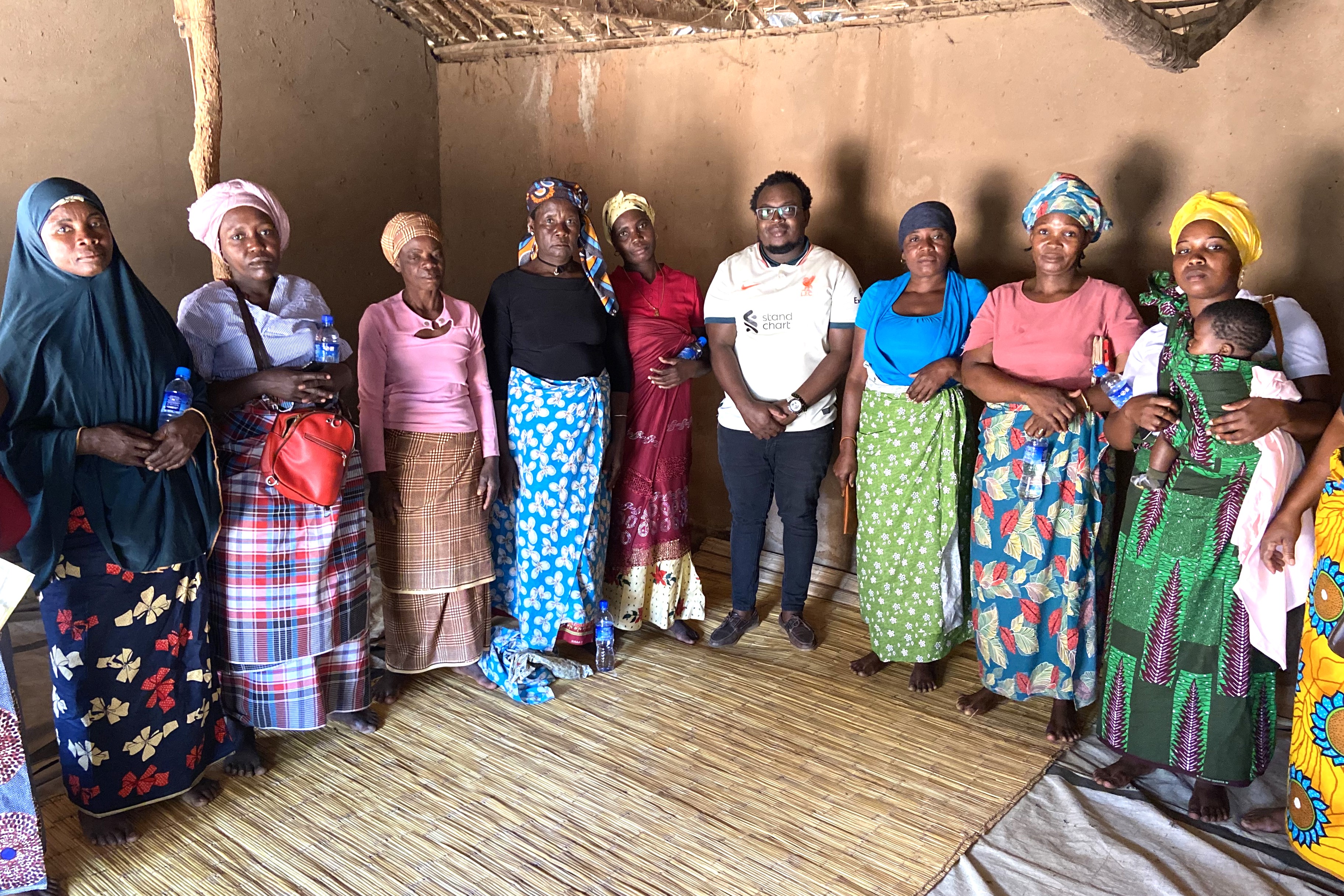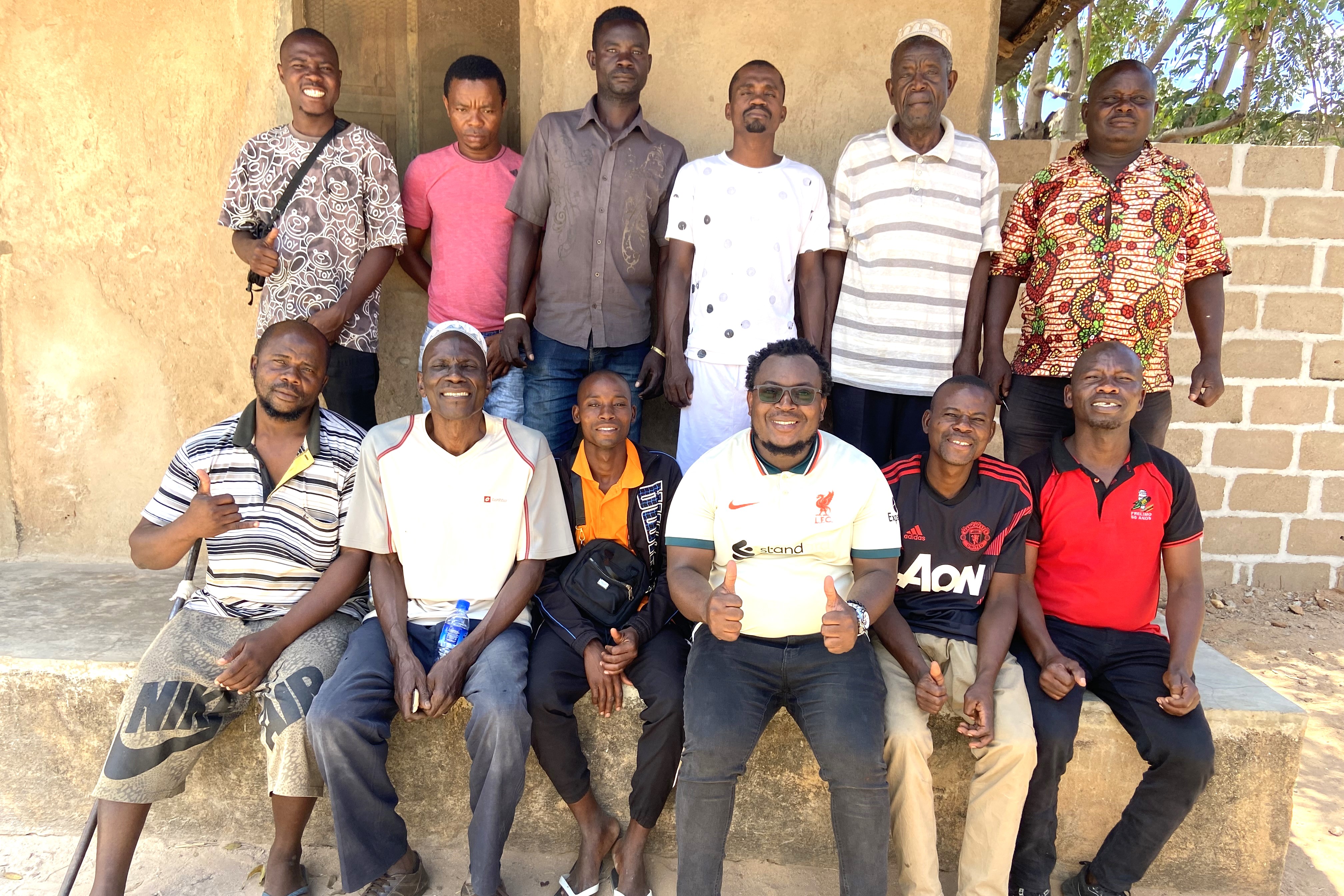
Key stakeholders in Mozambique's financial sector have traditionally relied on demand and supply data to gain insights into the challenges faced by underserved populations in accessing formal financial services. Focus has been on understanding both structural drivers, such as availability, accessibility, and affordability, as well as internal drivers, including attitudes, beliefs, skills, and agency, contributing to the widening gender gap in bank and mobile money account ownership among women, despite the overall advancements in the country's financial inclusion landscape.
GIZ Mozambique, with support from GOPA AFC, broadened the understanding of financial inclusion dynamics by integrating a gender norms analysis, i.e. the collective drivers’ perspective, examining how societal constructs such as social networks and cultural expectations shape women's access to financial services. Utilizing CGAP's diagnostic tools, a Gender Norms Assessment was conducted to delve into the conscious and subconscious influences of gender norms on women's decisions to access financial services and market actors’ behaviour with regard to women. On the demand side, focus groups discussions and in-depth interviews were conducted, with micro and small enterprises (MSE) and smallholder farmers (SHF) totaling 300 participants, of which 54% were women and 46% men. On the supply and market actors’ side, a total of 33 interviews were conducted with commercial banks, microfinance institutions, insurance companies, Fintechs and supporting institutions like the collateral registry and mobile operator agent network. The total number of participants was 56, most of which (55%) were men. The assessment was conducted in three provinces: Inhambane, Zambézia and Nampula to cover the southern, center and northern region respectively.

On the demand side, the assessment identified four women personas or women segments based on the gender norms’ impact on access and usage of formal financial services. The women segments are:
- Urban Women MSE – a small businesswoman who uses payment services to manage day to day operations of her business
- Rural Women MSE – a micro businesswoman that prefers to use savings groups because her husband approves and she thinks the money circulates better
- Urban Women SHF – a farmer who believes that it is necessary to have a lot of money to open a bank account
- Rural Women SHF – a farmer who needs her husband’s authorization to make any financial decisions

Among the gender norms scrutinized in the study, four emerged as particularly influential in shaping individuals' access to formal financial services. They are:
#1 - “Women should not have assets in their own name” limits their capacity to access formal credit
#2 - “Women should not have financial privacy from their husbands” otherwise men believe that the women will use the money to help her own family. This has an impact on access to savings and other products, digitally and non-digitally.
#3 - “Men should be the main financial provider for their households” because men believe that financially independent women can leave their husbands. This impacts women’s capacity to generate higher income and access to/ use of formal financial services.
#4 - “Women should not own large businesses” otherwise, men would lose power. This impacts women’s capacity to generate higher income and access to/ use of formal financial services.

The study further unveiled that women's decision-making power in accessing and using financial services is significantly influenced by their husbands and in-laws, indicating that strategies to include women should also consider these power groups within her social network.
On the supply side, the research highlighted a pervasive gender-blind approach within financial institutions. Lack of gender strategies at both institutional and business levels, coupled with the absence of decision-making informed by sex-disaggregated data, underscores the sector's oversight of gender dynamics. Moreover, the underrepresentation of women in leadership positions within the financial sector exacerbates these disparities, signalling an urgent need for proactive measures to promote gender diversity and inclusivity within these institutions.
Recommendations stemming from this assessment are gender intentional in the sense that they address structural and internal constraints and not norm transformative interventions, i.e. they do not directly address gender norms due to the level of stickiness and sanctions associated with the norm change. However, the structural and internal constraints addressed will indirectly result in gradual gender norms change as women gain agency and achieve higher incomes.
GIZ Mozambique is actively engaging in informative events with diverse stakeholders, including regulators, private sector entities, and donor groups, to highlight the significant yet often overlooked influence of gender norms on women's financial access and usage patterns. Through these events, GIZ aims to foster a collective awareness that transcends sectoral boundaries, facilitating the integration of study findings into the development of processes, systems, and products within financial service providers and drive tangible progress towards enhanced women's financial inclusion and empowerment.
For further information, please contact vladislav.nimerenco [at] gopa-afc.de
